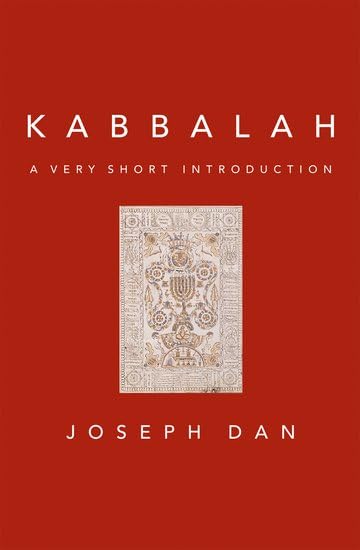Books Ive Read This Year: 2007 (Non-Fiction)
Explore my curated list of non-fiction books read in 2007, featuring insightful titles across genres. Discover recommendations and reviews for your next great read.

Book
Guns Germs and Steel
by Jared Diamond
"Fascinating.... Lays a foundation for understanding human history."—Bill Gates Winner of the Pulitzer Prize, Guns, Germs, and Steel is a brilliant work answering the question of why the peoples of certain continents succeeded in invading other continents and conquering or displacing their peoples. This edition includes a new chapter on Japan and all-new illustrations drawn from the television series. Until around 11,000 BC, all peoples were still Stone Age hunter/gatherers. At that point, a great divide occurred in the rates that human societies evolved. In Eurasia, parts of the Americas, and Africa, farming became the prevailing mode of existence when indigenous wild plants and animals were domesticated by prehistoric planters and herders. As Jared Diamond vividly reveals, the very people who gained a head start in producing food would collide with preliterate cultures, shaping the modern world through conquest, displacement, and genocide.The paths that lead from scattered centers of food to broad bands of settlement had a great deal to do with climate and geography. But how did differences in societies arise? Why weren't native Australians, Americans, or Africans the ones to colonize Europe? Diamond dismantles pernicious racial theories tracing societal differences to biological differences. He assembles convincing evidence linking germs to domestication of animals, germs that Eurasians then spread in epidemic proportions in their voyages of discovery. In its sweep, Guns, Germs and Steel encompasses the rise of agriculture, technology, writing, government, and religion, providing a unifying theory of human history as intriguing as the histories of dinosaurs and glaciers.


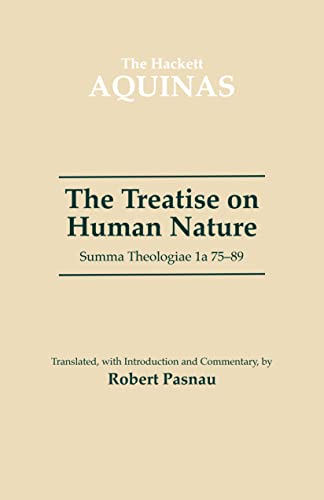

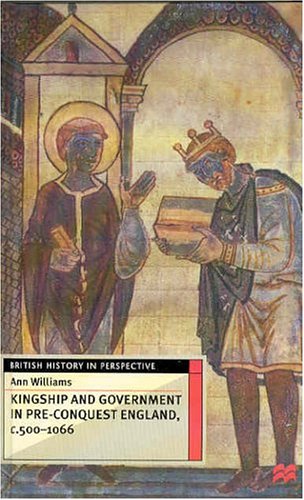


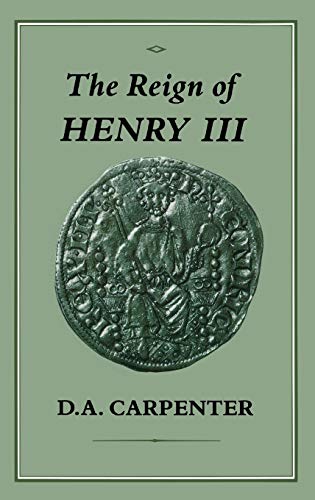

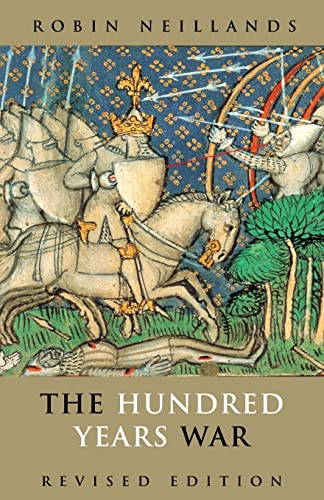
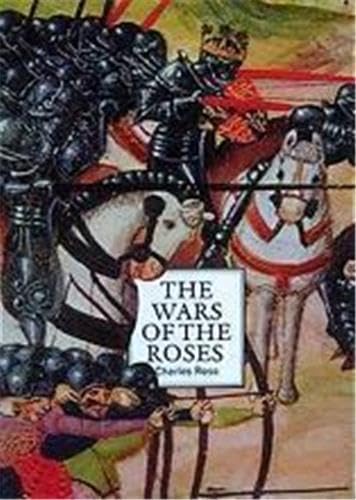
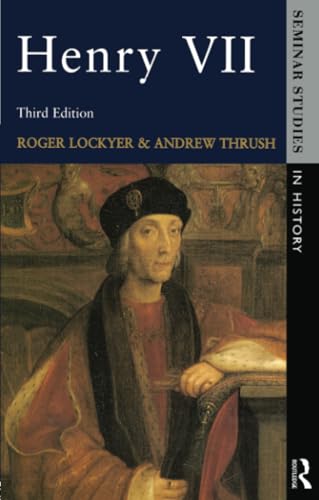
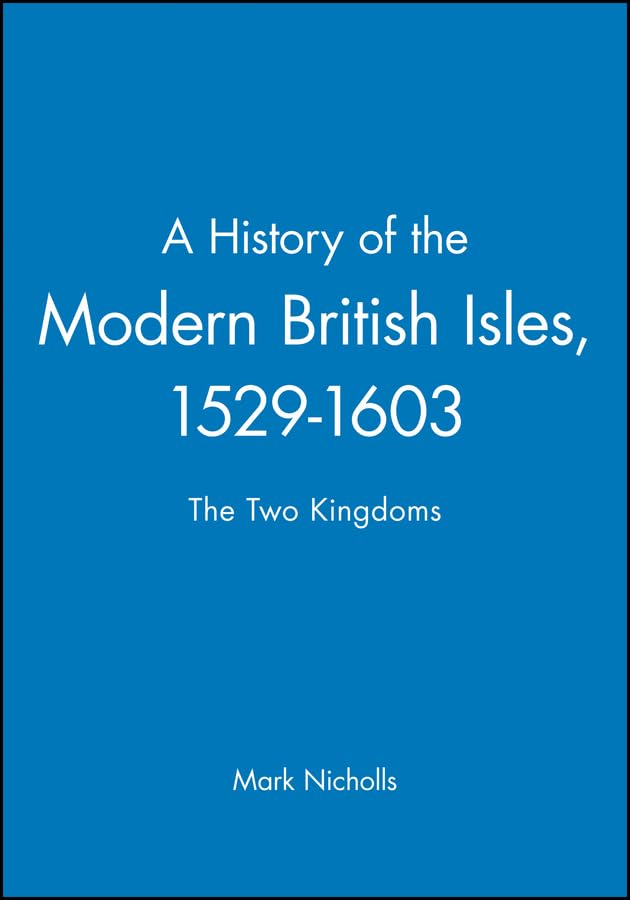
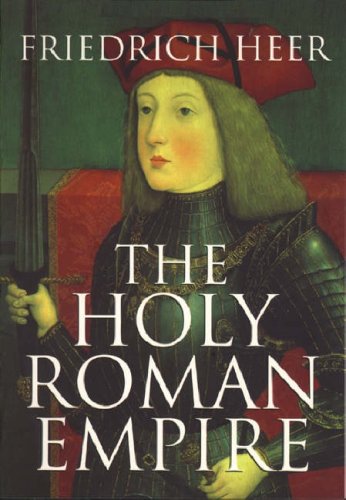
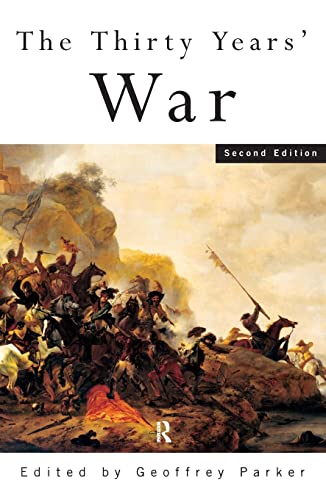
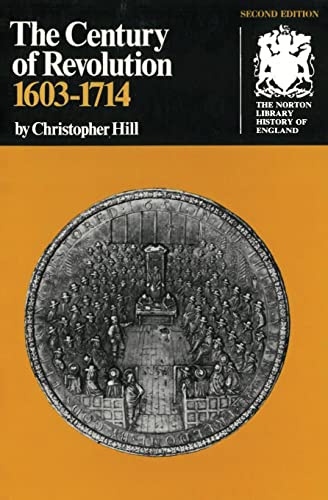
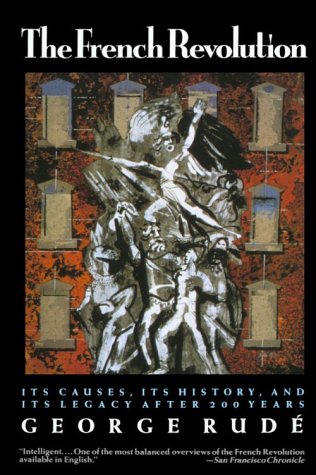


Book
American Holocaust
by David E. Stannard
This controversial treatise focuses on the social and cultural issues involved in the invasion of the Americas by European nations. It describes the suppression or extermination of native cultures, and focuses on the cultural and ideological principles behind the colonization efforts.

Book
Bury My Heart at Wounded Knee
by Dee Brown
Documents and personal narratives record the experiences of Native Americans during the nineteenth century.
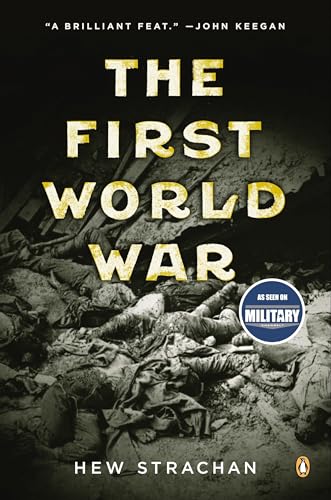


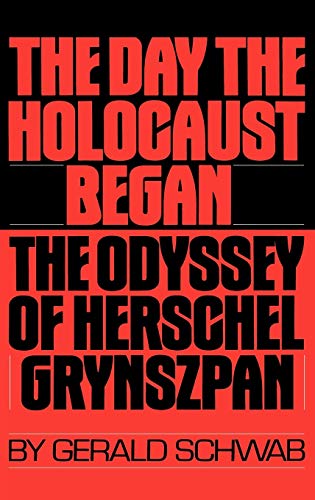
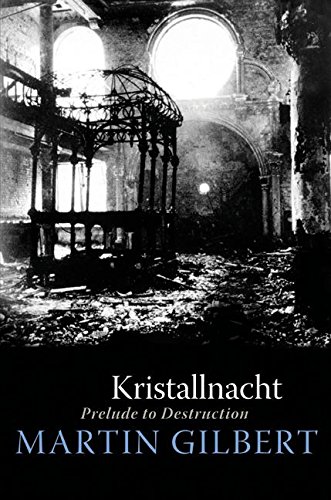


Book
The Lost
by Daniel Adam Mendelsohn
Mendelsohn grew up in a family haunted by the disappearance of six relatives during the Holocaust--an unmentionable subject during his childhood. Decades later, spurred by the discovery of a cache of desperate letters written to his grandfather in 1939, he embarked on a hunt for the remaining eyewitnesses of his relatives' fates. This is their story.


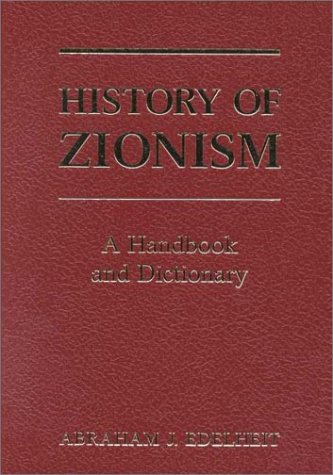


Book
Palestine
by Jimmy Carter
President Carter, who was able to negotiate peace between Israel and Egypt, has remained deeply involved in Middle East affairs since leaving the White House. He has stayed in touch with the major players from all sides in the conflict and has made numerous trips to the Holy Land, most recently as an observer in the Palestinian elections of 2006. In this book President Carter shares his intimate knowledge of the history of the Middle East and his personal experiences of the principal actors, and he addresses sensitive political issues many British and American officials shy from. PALESTINE is a challenging and provocative book. Pulling no punches, Carter prescribes steps that must be taken for the two states to share the Holy Land without a system of apartheid or the constant fear of terrorism.

Book
The Looming Tower
by Lawrence Wright
Explores both the American and Arab sides of the September 11th terrorist attacks in an account of the people, ideas, events, and intelligence failures that led to the attacks.
